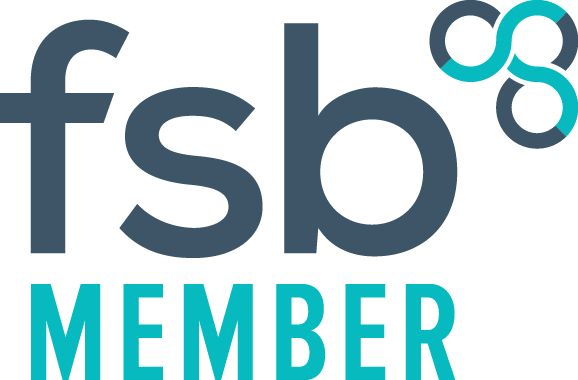Engagement & retention go hand in hand
People may be staying in their roles right now because of the cost of living crisis. Moving jobs is a big risk.
But what happens when the world around us starts to settle? If you have spent time & energy making sure your teams know how important they are to your company, the likelihood is they will stay...if you haven't, they will probably leave and recruitment is expensive - in time, energy and money.
Have you ever sat through a presentation where the information you are getting is being presented on the slides and you wonder why the person presenting didn't just send you a handout to read? This is engagement and retention in it's simplest form...time spent where the presenter just wants to tell you their thoughts without any consideration for who you are or how you might be feeling.
At an organisational level, engagement is the level of enthusiasm and commitment your people have for their job and your business and can have a huge impact on your ability to retain your people.
And I'm not talking about having a pool table, or yoga, or head massages or free fruit! I'm talking about creating a positive work environment where mistakes can be made without fear of retribution and all voices can be heard, not just those who shout the loudest or are in "the club".
I'm talking about providing clear & transparent communication, recognition for good work and fostering trust and collaboration. And providing opportunities for development; for everyone.
These are the things that will keep your teams satisfied and committed which means they are less likely to look for opportunities elsewhere.
It will pay out in spades for you too:
- When employees stay with a company, they become more knowledgeable, increasing efficiency, productivity, and improving quality of work.
- Recruiting and training new employees is time-consuming and expensive. Increasing retention reduces the amount of time (and money), you spend in the recruitment & onboarding process.
- Lots of people leaving can create uncertainty among those left behind. They may feel their efforts are not valued and they are not part of a stable and secure workplace. On the other hand, if it's the odd person leaving now and then (for whatever reason), your team will feel a sense of stability, security, and trust.
- When your team are engaged, they are more likely to provide better customer service, leading to increased customer satisfaction and loyalty, which will have a positive impact on your reputation and ultimately, the bottom line.
- A stable and committed workforce can help to build a strong company culture, where employees feel valued, respected, and supported. This creates collaboration, innovation, and a more positive work environment.
So, by focusing on employee engagement and creating a supportive and fulfilling work environment, your people will stay around for longer - even when the world isn't in chaos.









